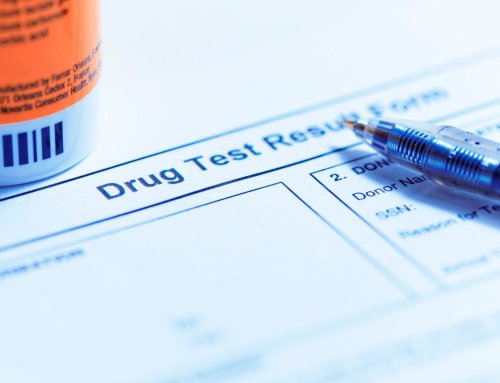An alcohol detox program serves as a crucial first step on the path to long-term sobriety. By providing medical support, a structured environment, and essential resources, these programs help individuals safely navigate withdrawal and lay the foundation for successful recovery. Understanding how a detox program for alcohol addiction operates and why it is so beneficial can empower those struggling with alcohol abuse, as well as their loved ones, to take that vital first step.
Understanding Alcohol Detox Programs
An alcohol detox program is a medically supervised process that helps individuals manage the physical and emotional symptoms of withdrawal. Detoxing from alcohol can be challenging and, in some cases, dangerous without proper medical support. That’s why choosing a professional detox alcohol program is essential for safety and comfort.
The Purpose of Alcohol Detox
The main goal of an alcohol addiction detox program is to clear the body of alcohol while managing withdrawal symptoms. This initial phase focuses on stabilizing the individual so that they can continue their recovery journey without the immediate physical burden of alcohol dependence.
The Detox Process: What to Expect
Participating in an alcohol detox program typically involves three main phases: evaluation, stabilization, and preparation for long-term treatment.
- Phase 1: Evaluation: The process begins with a thorough medical and psychological assessment. During this stage, healthcare professionals review the individual’s medical history, current physical condition, and the severity of their alcohol dependence. This evaluation helps tailor the detox program for alcohol to the patient’s unique needs.
- Phase 2: Stabilization: Stabilization is the most intensive part of an alcohol detox program. Medical staff provide care and administer medication as needed to reduce withdrawal symptoms. This phase is critical, as withdrawal symptoms can range from mild anxiety to severe complications like seizures or delirium tremens (DTs). The structured environment ensures that individuals are monitored around the clock, increasing safety and comfort.
- Phase 3: Preparation for Long-Term Recovery: Once the stabilization phase is complete, the focus shifts to preparing for the next stages of treatment. A comprehensive detox program for alcohol will include counseling and guidance to transition into an ongoing recovery plan. This step is essential to maintain momentum and build motivation for long-term sobriety.
Why an Alcohol Detox Program Is Essential for Recovery
There are many reasons why starting with an alcohol detox program is beneficial for recovery. Below, we highlight some of the key advantages.
Managing Withdrawal Symptoms Safely
One of the biggest advantages of a detox program is the medical supervision provided to manage withdrawal symptoms safely. Trained medical professionals can administer medications to reduce discomfort and prevent severe reactions. For those with a history of heavy drinking, this support can be life-saving.
Psychological and Emotional Support
A substance use detox program not only focuses on physical health but also provides psychological and emotional assistance. Counselors and therapists are available to help individuals cope with anxiety, fear, and any emotional challenges that may arise during the detox process. This dual approach helps create a foundation for emotional stability as patients move forward in their recovery.
Building the Foundation for Long-Term Sobriety
Completing an alcohol detox program is an achievement, but it’s just the beginning. The primary goal of detox is to prepare individuals for the next phase of treatment. Here’s how a detox alcohol program sets the stage for continued success:
Introducing Recovery Tools Early
Many alcohol addiction detox programs include education on coping strategies and stress management tools. These tools are designed to empower individuals to handle triggers and prevent relapse once they transition to outpatient or inpatient treatment.
Creating a Personalized Treatment Plan
During the detox process, medical staff often work with patients to create a tailored plan for their recovery journey. This plan may include residential treatment, outpatient care, or support group participation. A personalized approach ensures that the specific needs of each individual are met, maximizing the chances for lasting sobriety.
Transitioning to the Next Stage of Recovery
After completing an alcohol detox program, individuals are better prepared for the ongoing process of recovery. Many detox centers collaborate with rehabilitation facilities to ensure a smooth transition into the next phase of care. This step might involve:
- Inpatient Rehabilitation Programs: A structured setting that offers intensive therapy and round-the-clock support.
- Outpatient Care: Flexible treatment options for those who need to balance recovery with daily responsibilities.
- Support Groups: Ongoing peer support, such as Alcoholics Anonymous (AA), to encourage long-term engagement in sobriety.
Conclusion: The Vital Role of Alcohol Detox in Recovery
Participating in an detox program is a critical first step toward overcoming addiction and achieving long-term recovery. By providing a safe environment, medical supervision, and essential support, these programs help set the stage for future treatment. Whether you or a loved one is struggling with substance dependence, understanding the importance of a comprehensive detox program can be the turning point needed to embark on a healthier, sober life.









